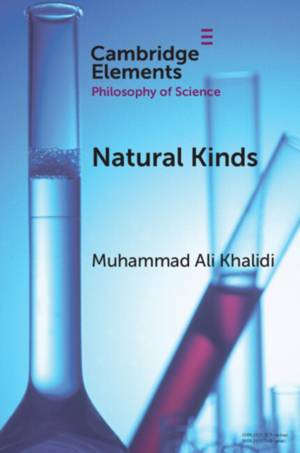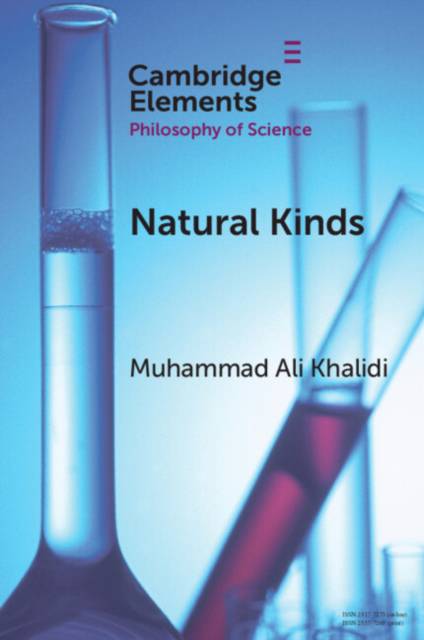
- Afhalen na 1 uur in een winkel met voorraad
- Gratis thuislevering in België vanaf € 30
- Ruim aanbod met 7 miljoen producten
- Afhalen na 1 uur in een winkel met voorraad
- Gratis thuislevering in België vanaf € 30
- Ruim aanbod met 7 miljoen producten
Zoeken
€ 31,95
+ 63 punten
Omschrijving
Scientists cannot devise theories, construct models, propose explanations, make predictions, or even carry out observations, without first classifying their subject matter. The goal of scientific taxonomy is to come up with classification schemes that conform to nature's own. Another way of putting this is that science aims to devise categories that correspond to 'natural kinds.' The interest in ascertaining the real kinds of things in nature is as old as philosophy itself, but it takes on a different guise when one adopts a naturalist stance in philosophy, that is when one looks closely at scientific practice and takes it as a guide for identifying natural kinds and investigating their general features. This Element surveys existing philosophical accounts of natural kinds, defends a naturalist alternative, and applies it to case studies in a diverse set of sciences. This title is also available as Open Access on Cambridge Core.
Specificaties
Betrokkenen
- Auteur(s):
- Uitgeverij:
Inhoud
- Aantal bladzijden:
- 75
- Taal:
- Engels
- Reeks:
Eigenschappen
- Productcode (EAN):
- 9781009005067
- Verschijningsdatum:
- 14/09/2023
- Uitvoering:
- Paperback
- Formaat:
- Trade paperback (VS)
- Afmetingen:
- 152 mm x 229 mm
- Gewicht:
- 122 g

Alleen bij Standaard Boekhandel
+ 63 punten op je klantenkaart van Standaard Boekhandel
Beoordelingen
We publiceren alleen reviews die voldoen aan de voorwaarden voor reviews. Bekijk onze voorwaarden voor reviews.











